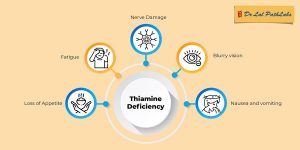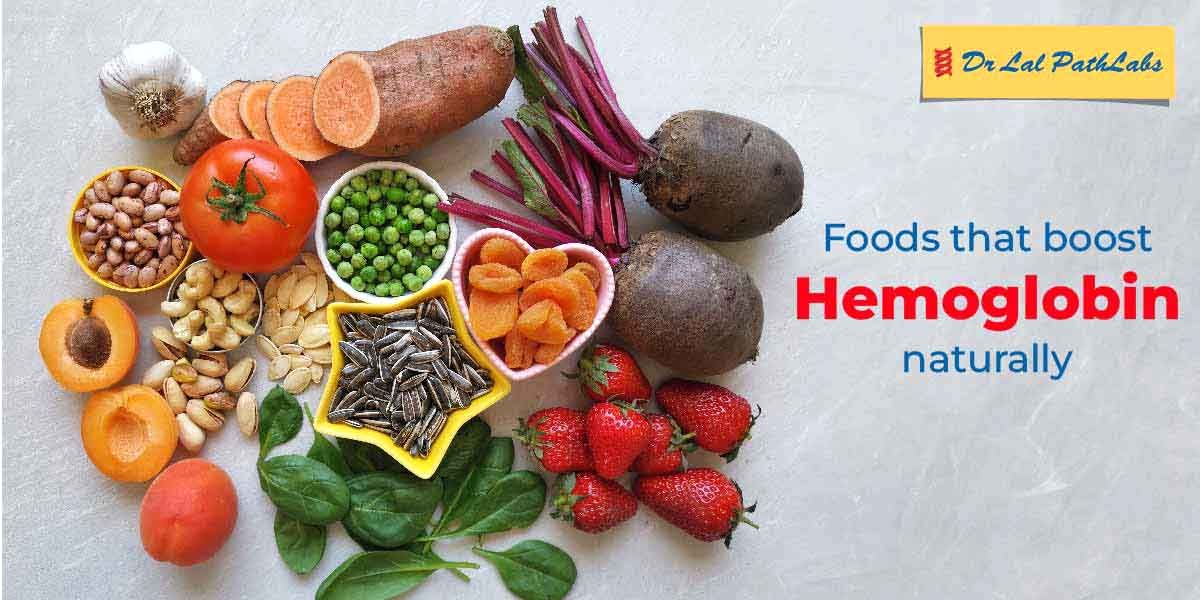Diet and Osteoporosis: Essential Nutrients for Strong Bones
- 13 Jan, 2025
- Written by Team Dr Lal PathLabs
Medically Approved by Dr. Seema
Table of Contents
The food one consumes plays a critical role in maintaining bone health. A poor diet can lead to severe conditions like osteoporosis, which makes bones brittle and increases the risk of breaking in the future. Osteoporosis affects 61 million people in India, 80% of whom are women.
Therefore, consuming the proper nutrients is essential to avoid this condition and maintain strong bones.
What is Osteoporosis?
Osteoporosis is a health condition that reduces bone density and deteriorates bone tissue. Osteoporosis causes the bones to become brittle, increasing the risk of fractures. While this condition typically occurs in older individuals, it can affect people of all ages.
What Causes Osteoporosis?
Bones constantly grow throughout a person’s life, with old bones being broken down and replaced by new ones. This process is faster when a person is young and slows down after the early 20s. As a result, as an individual grows old, they lose bone mass faster than it is created.
Individuals with lesser bone mass in their youth are more likely to develop osteoporosis later in life.
What are its Symptoms?
Some common osteoporosis symptoms include:
1. Bones breaking easily
2. Loss of height
3. Back pain caused due to a broken bone in the spine
4. A stopped posture
What is an Osteoporosis Healthy Diet?
Diet and osteoporosis go hand in hand. To avoid this condition, it’s essential to consume bone-strengthening foods that are rich in the following nutrients:
1. Calcium
Calcium is the most important mineral for bones. It supports bone growth, provides strength and structure, and promotes health and development.
Adults typically need 700mg of calcium daily. A diet lacking calcium can weaken the bones, increasing the risk of osteoporosis. Some calcium-rich foods for bone health include dairy products, leafy greens, tofu, soya beans, etc.
2. Vitamin D
Vitamin D helps the body absorb calcium. It also regulates bone remodelling, where new bone tissue replaces old ones.
Adults must consume 10 micrograms of Vitamin D daily. A Vitamin D deficiency can weaken the bones, increasing the risk of fractures. Some sources of Vitamin D include sun exposure, fatty fish, egg yolks, cheese, etc.
3. Protein
Maintaining the right balance between protein and calcium intake is crucial for healthy bone mineral density (BMD). Consuming a low-protein diet can increase bone loss and risk of hip fractures, especially in older adults.
Therefore, consuming protein-rich foods for bone health is important to avoid osteoporosis. These include fish, eggs, meat, dairy products, nuts and seeds, soy products, lentils, beans, and legumes.
4. Magnesium
Magnesium is another vital nutrient that can help avoid osteoporosis symptoms. It helps increase osteoblasts, cells that facilitate bone formation, and osteoclasts, cells that remove old and damaged bones.
Magnesium also helps the body absorb Vitamin D and improves bone stiffness. Some bone-strengthening foods rich in magnesium include whole grains, leafy green vegetables, nuts, and seeds.
5. Phosphorus
Consuming foods rich in phosphorus is important to avoid the risk of developing osteoporosis. Phosphorus is an essential nutrient because it is a significant part of bone structure.
Some phosphorus-rich foods include whole grains, dairy products, fish, nuts, meat, etc.
How is Osteoporosis Diagnosed?
A healthcare professional conducts a bone density test to diagnose osteoporosis. A bone density test is also commonly known as a DXA, DEXA, or bone density scan. It uses X-rays to measure bone strength and the amount of calcium and minerals in the bones.
Identifying changes in bone density is one of the best ways to diagnose osteoporosis before any fractures or other conditions. An individual must get regular bone density tests if they are over 50 or have a family history of osteoporosis.
Management of Osteoporosis
Osteoporosis treatment depends on the severity of your condition and bone loss. Some common osteoporosis treatments typically include regular exercise, medications, and nutritional supplements.
If a person has a family history of osteoporosis or experiences any osteoporosis symptoms, it’s recommended to consult a healthcare provider and book a test for osteoporosis with Dr. Lal PathLabs.
FAQs
1. What nutrients are best for osteoporosis?
A person suffering from osteoporosis must consume bone-strengthening foods rich in vital nutrients like calcium, Vitamin D, protein, magnesium, and phosphorus. These nutrients help maintain bone strength and density, avoiding the risk of fractures.
2. Is there a special diet for osteoporosis?
Yes, an osteoporosis healthy diet typically includes calcium, Vitamin D, protein, magnesium, and phosphorus-rich foods. These include fish, meat, eggs, leafy greens, nuts and seeds, fatty fish, cheese, soya beans, dairy products, whole grains, etc.
3. What are 6 foods that strengthen your bones?
The six bone-strengthening foods include dairy products, whole grains, leafy greens, nuts and seeds, and fish.
4. Which foods are good for osteoporosis?
Some foods that are good for osteoporosis include milk, dairy products, green leafy vegetables, tofu, egg yolks, fatty fish, etc.
5. How to keep bones strong?
To keep bones strong, it’s essential to exercise regularly and consume a nutritious diet rich in calcium, vitamins, magnesium, and phosphorous.















